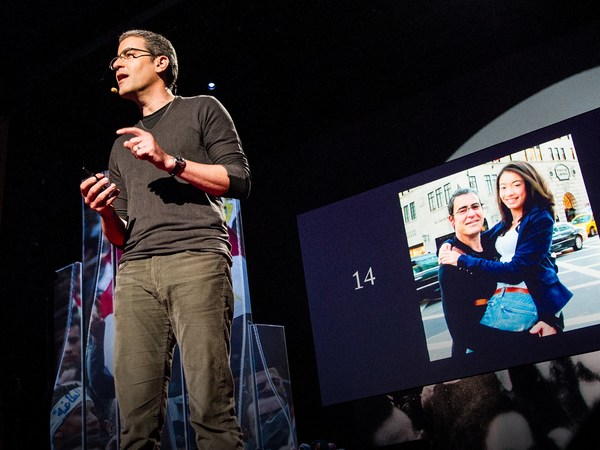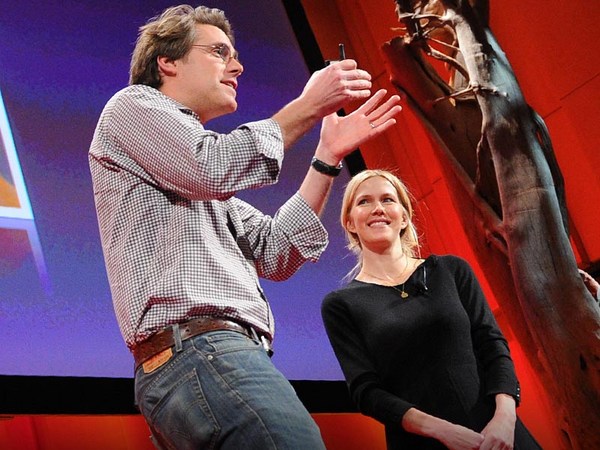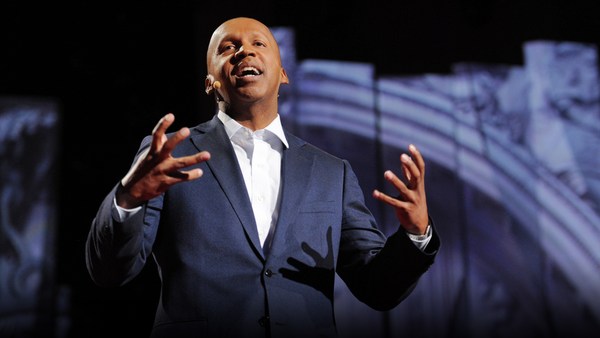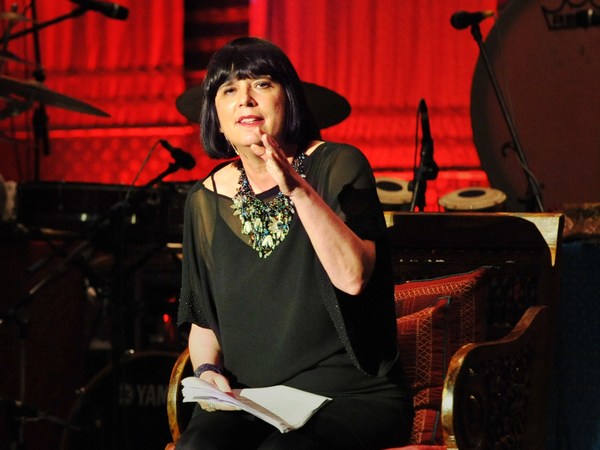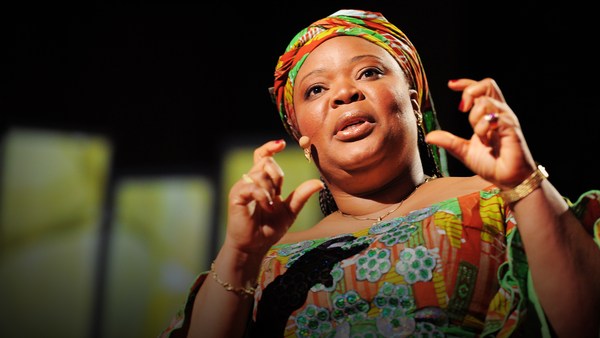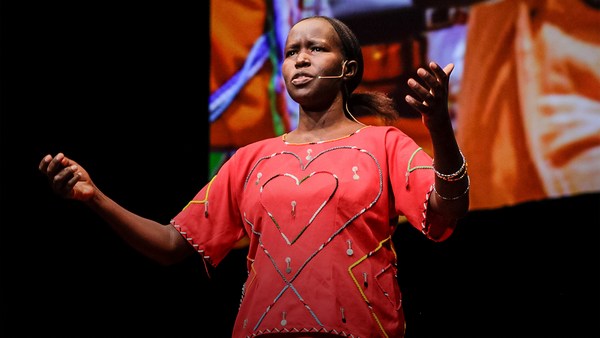I was sitting with my girls, and Joy said, "Dang, I wish he'd get off my back. My daddy, he calls me all the time."
"Lucky for you he calls at all," said Jasmine. "I haven't heard from my dad in years."
At this moment, I knew the girls needed a way to connect with their fathers. At Camp Diva, my non-profit organization, we have these types of conversations all the time as a way to help girls of African descent prepare for their passage into womanhood. These girls just needed a way to invite their fathers into their lives on their own terms.
So I asked the girls, "How can we help other girls develop healthy relationships with their fathers?"
"Let's have a dance," one girl shouted, and all the girls quickly backed her up. They started dreaming about the decorations, invitations, the dresses they were going to wear, and what their fathers could and could not wear. (Laughter) It was off and running before I could even blink my eyes, but even if I could have slowed down those girls, I wouldn't have, because one thing that I have learned from over a decade of working with girls is that they already know what they need. The wisdom lives inside of them. As long as they have infrastructure, mentorship and resources, they can build what they need, not only to survive, but to thrive.
So we had a dance, and girls and their fathers came in multitudes. They were dressed to the nines. They acted sweet. (Laughter) They acted silly. They really enjoyed each other's company. It was a huge success. And the girls decided to make it an annual event.
So as the seasons changed, and it was time to plan the dance again, one girl named Brianna spoke up, and she said, "My dad can't come to the dance, and this whole thing is making me sad."
"Why not?" the girls asked.
"Because he's in jail," she bravely admitted.
"Well, can he just get out for a day?" one of the girls asked. (Laughter)
"And come in shackles? That's worse than not having him here at all."
At this moment, I saw an opportunity for the girls to rise to the occasion and to become their own heroes. So I asked, "What do you think we should do about this? We want every girl to experience the dance, right?"
So the girls thought for a moment, and one girl suggested, "Why don't we just take the dance in the jail?"
Most of the girls doubted the possibility of that, and said, "Are you crazy? Who is going to allow a bunch of little girls, dressed up — " (Laughter) " — to come inside a jail and dance with their daddies in Spongebob suits?" Because that's what they called them.
I said, "Girls, well, well, you never know unless you ask."
So a letter was written to the Richmond City Sheriff, signed collectively by each girl, and I would have to say, he is a very special sheriff. He contacted me immediately and said, whenever there is an opportunity to bring families inside, his doors are always open. Because one thing he did know, that when fathers are connected to their children, it is less likely that they will return.
So, 16 inmates and 18 girls were invited. The girls were dressed in their Sunday best, and the fathers traded in their yellow and blue jumpsuits for shirts and ties. They hugged. They shared a full catered meal of chicken and fish. They laughed together. It was beautiful. The fathers and daughters even experienced an opportunity to have a physical connection, something that a lot of them didn't even have for a while. Fathers were in a space where they were able to make their daughter's plate, and pull out her chair and extend his hand for a dance. Even the guards cried.
But after the dance, we all realized that Dad still would be in jail. So we needed to create something that they could take with them. So we brought in Flip cams, and we had them look at the Flip cams and just interview each other -- their messages, their thoughts. This was going to be used as a touchstone so when they started to miss each other and feel disconnected, they could reconnect through this image.
I'll never forget that one girl looked in her father's eyes with that camera and said, "Daddy, when you look at me, what do you see?" Because our daddies are our mirrors that we reflect back on when we decide about what type of man we deserve, and how they see us for the rest of our lives. I know that very well, because I was one of the lucky girls. I have had my father in my life always. He's even here today.
(Applause)
And that is why it is extremely special for me to make sure that these girls are connected to their fathers, especially those who are separated because of barbed wires and metal doors. We have just created a form for girls who have heavy questions on their heart to be in a position to ask their fathers those questions and given the fathers the freedom to answer. Because we know that the fathers are even leaving with this one thought: What type of woman am I preparing to put in the world? Because a father is locked in does not mean he should be locked out of his daughter's life.
(Applause)
